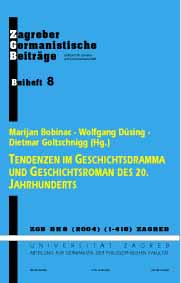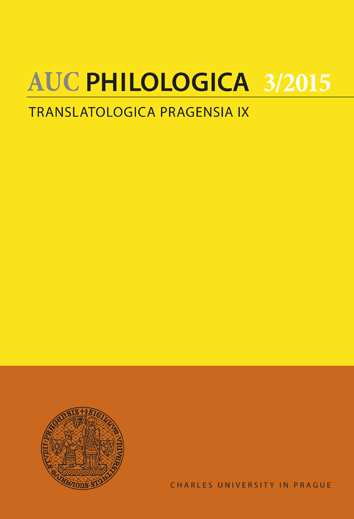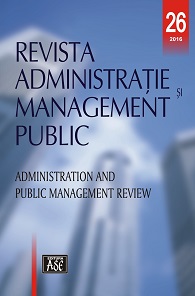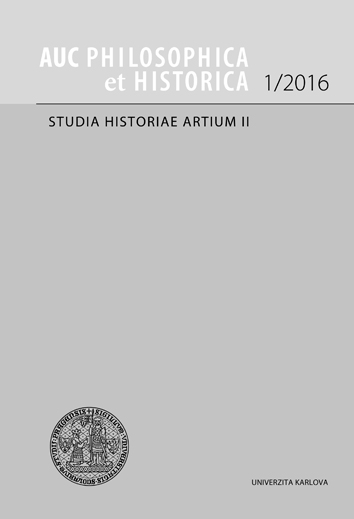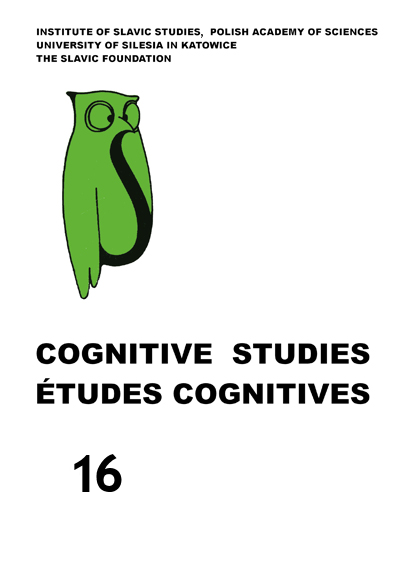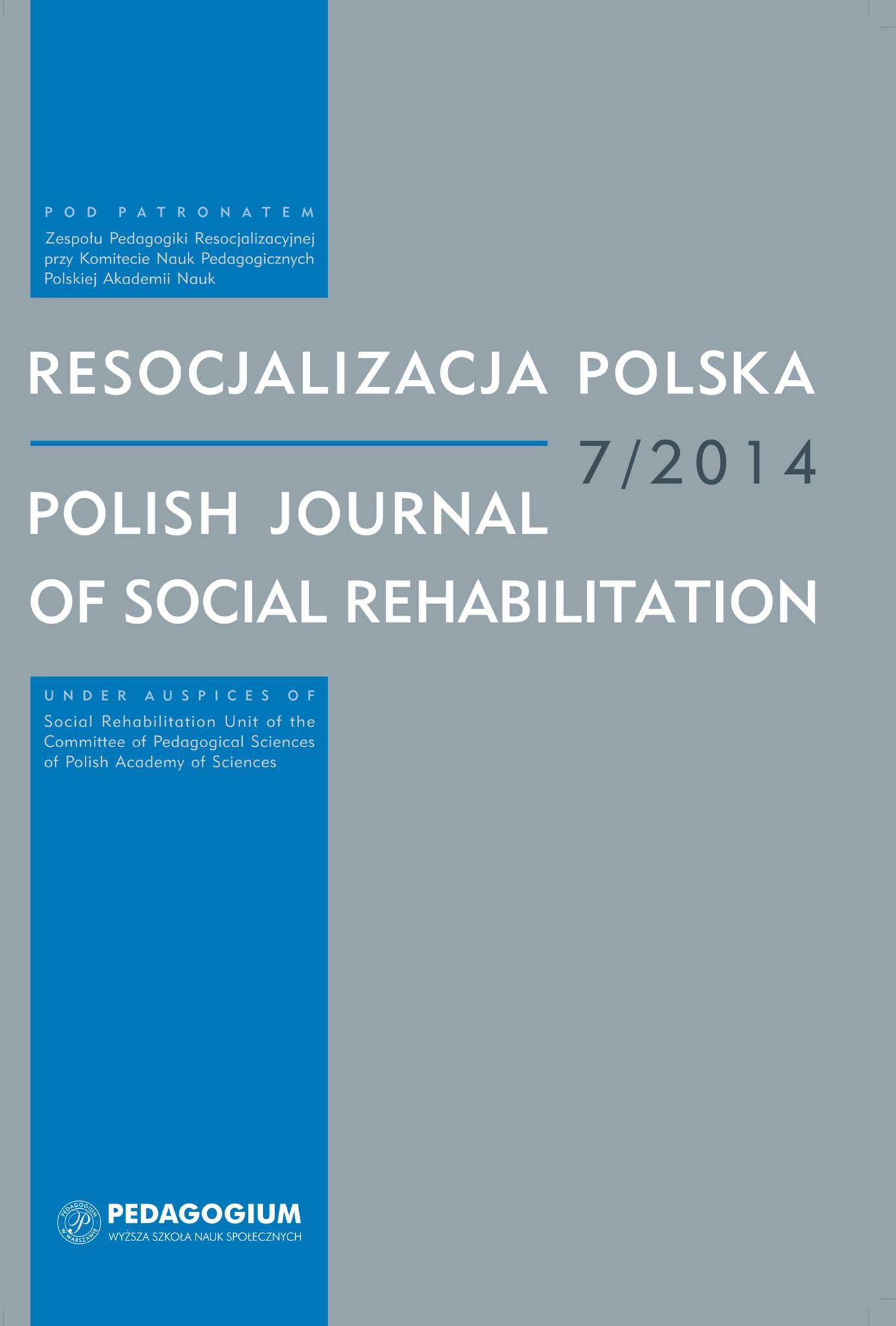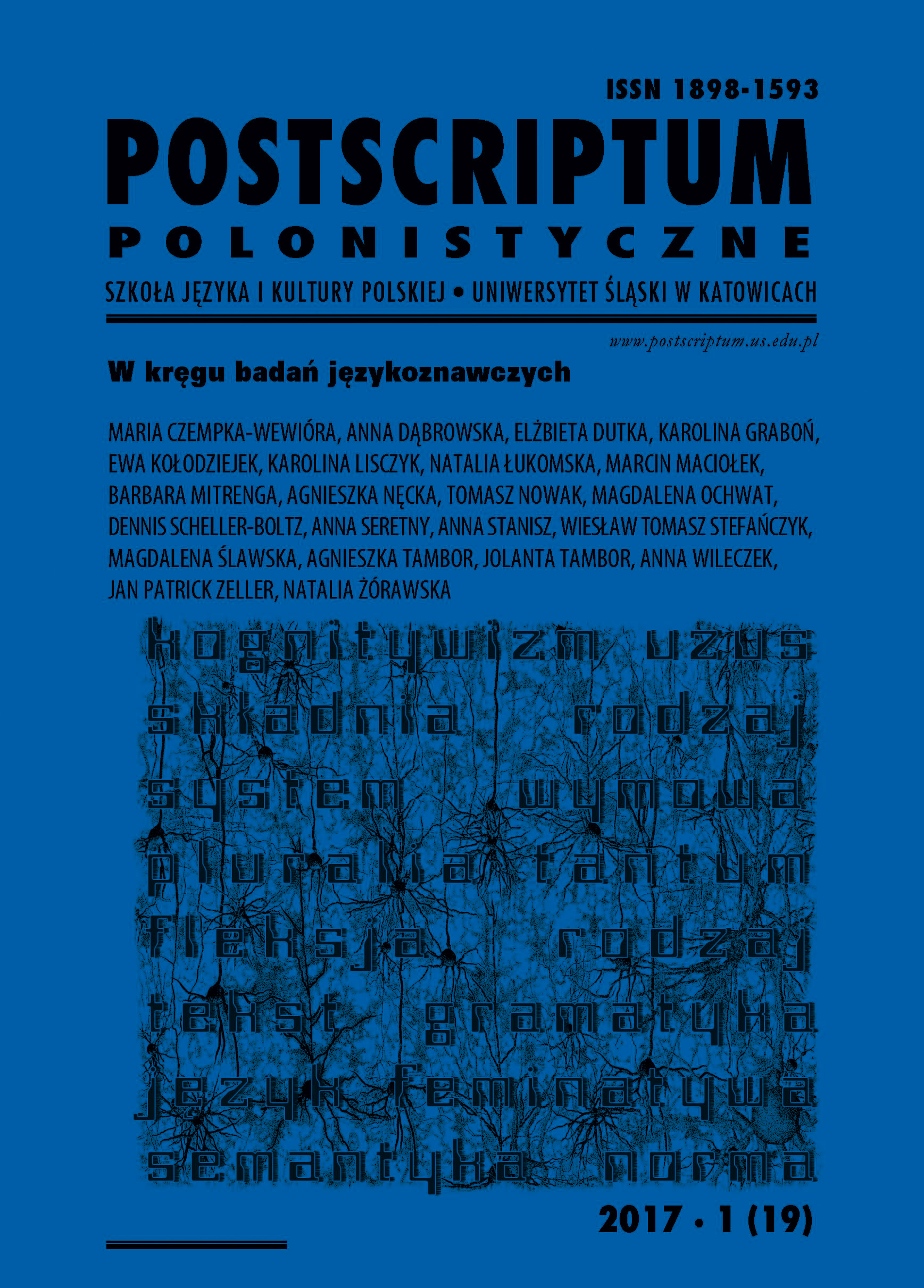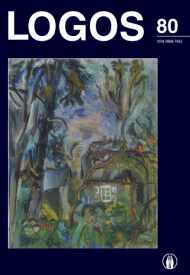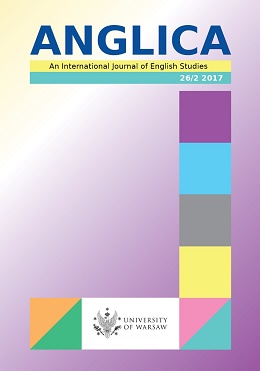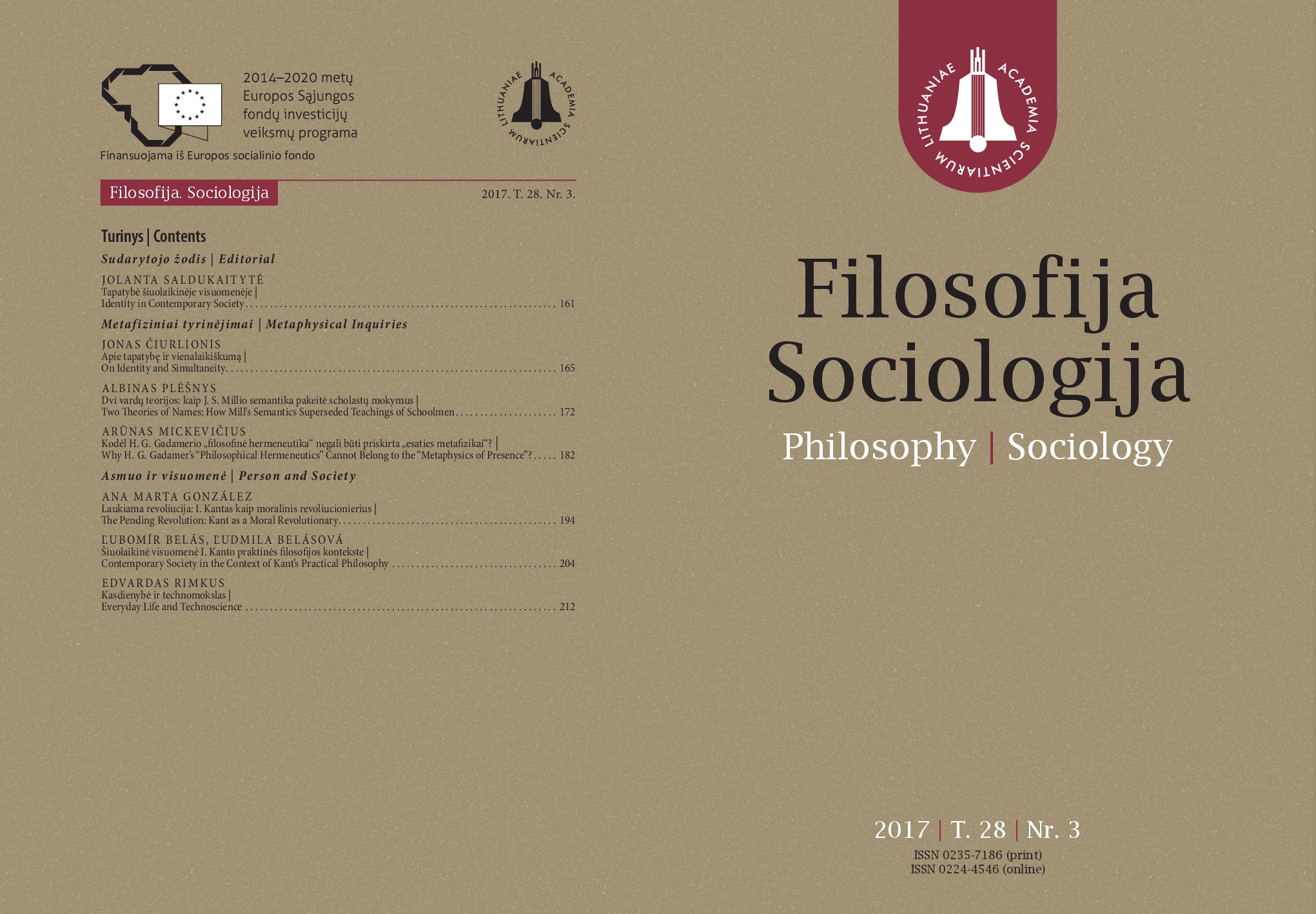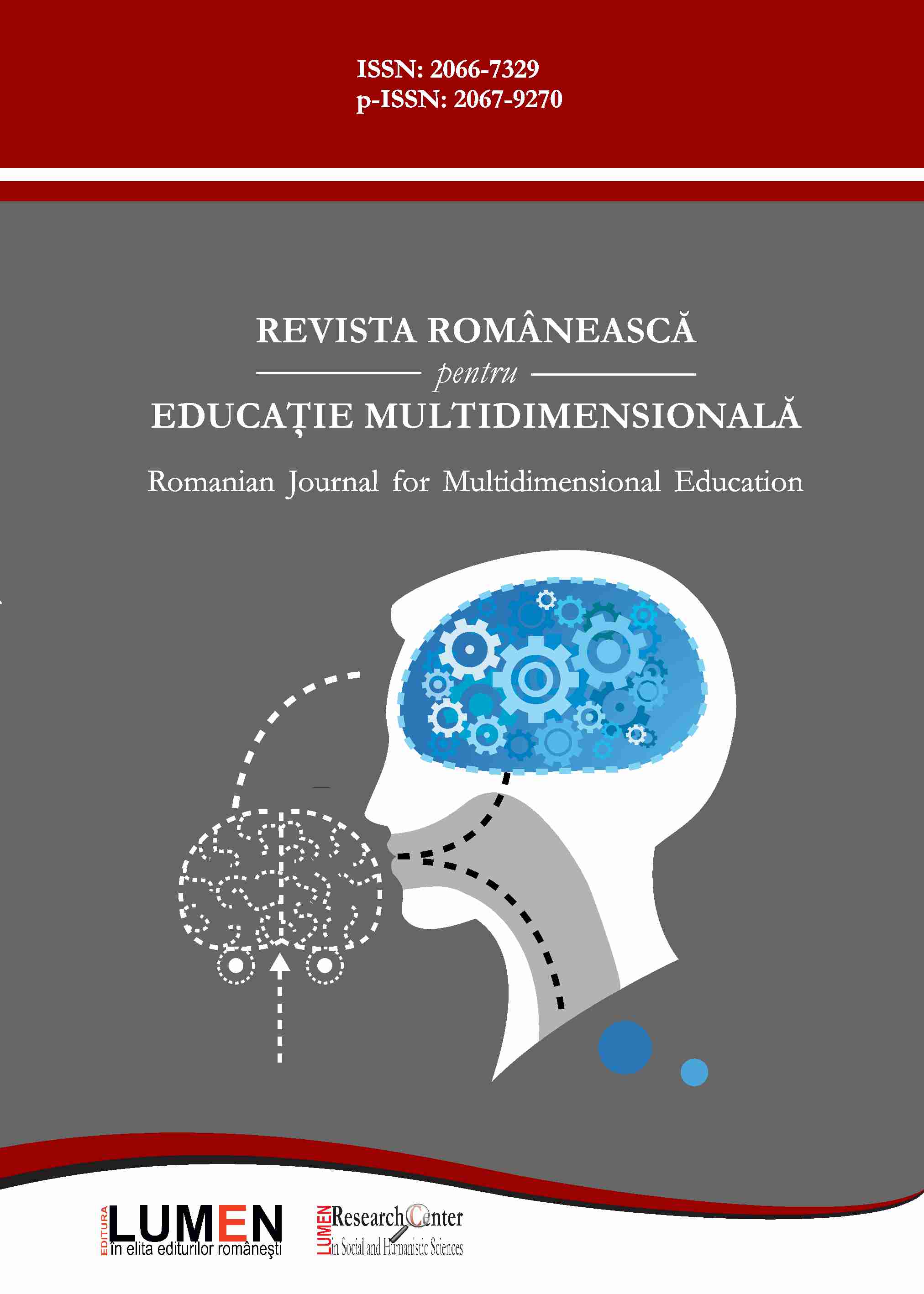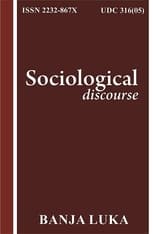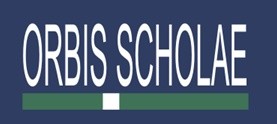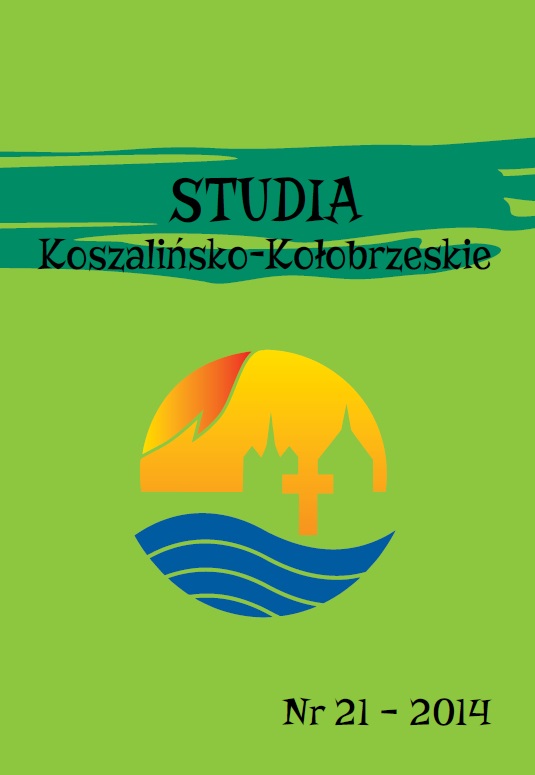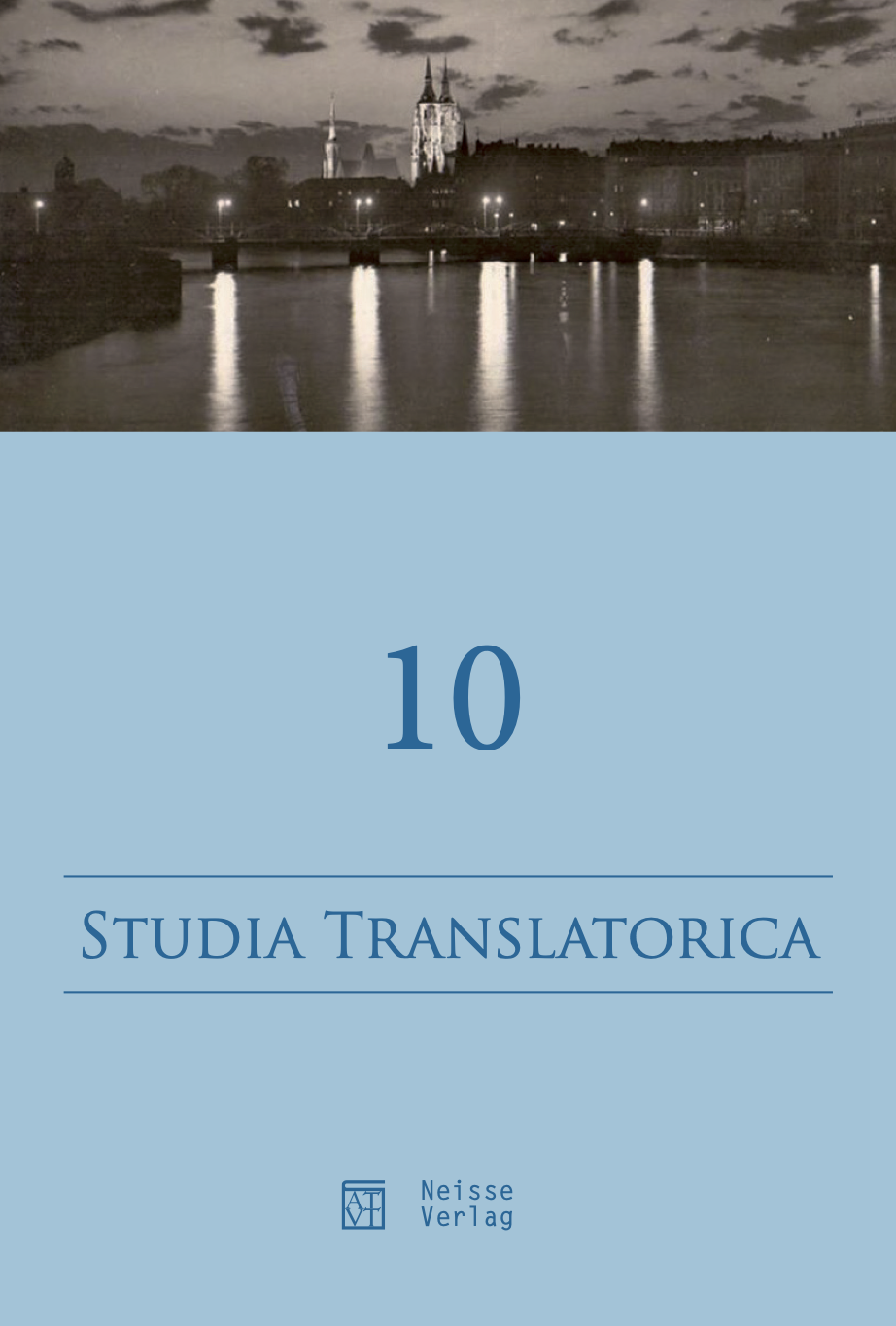The Effectiveness of Therapeutic Physical Exercises in Improving Balance and Coordination in Children with Down Syndrome
Author(s): Cristina Elena Popa,Tatiana Dobrescu / Language(s): English
/ Issue: 3/2017
Keywords: Down syndrome; deficiencies; body scheme; stability; motor skills
This paper presents a study conducted on a group of 13 subjects, with the clinical diagnosis of Down syndrome, between 6 and 14 years old. The research was conducted between October 2015 and May 2016, at the research base of the "Vasile Alecsandri" University of Bacau, and at the sensory-motor integration laboratory. The assessment was made with the "Gross motor function measure" (GMFM) test. The specific objectives were to: increase the muscle strength and endurance; educate and rebuild the body image and scheme, the laterality, the spatial-temporal orientation and organization; increase the stability, balance, control, and coordination. The physical therapy programs comprised: various possibilities of starting motor acts and actions, the continuation of motions that are already known, the use of alternate motions, global and segmental, the improvement of stability, balance and perceptive-motor coordination, over the course of the strategy. Following the physical therapy intervention over the course of approximately 1 year and a half on the Down syndrome subjects, I noticed that the psycho-motor deficiencies recorded initially have obviously diminished. The analysis of the results offered us concrete data with a reduced margin of error, because the assessment consisted of simple, known actions that were implemented in children in the first stages of the basic motor skills education. The initial testing emphasized the level of functional development, during static and dynamic activities, the values being between 47.05% - 59.52%, while in the final testing the maximum values were between 99.04% -100%.
More...

